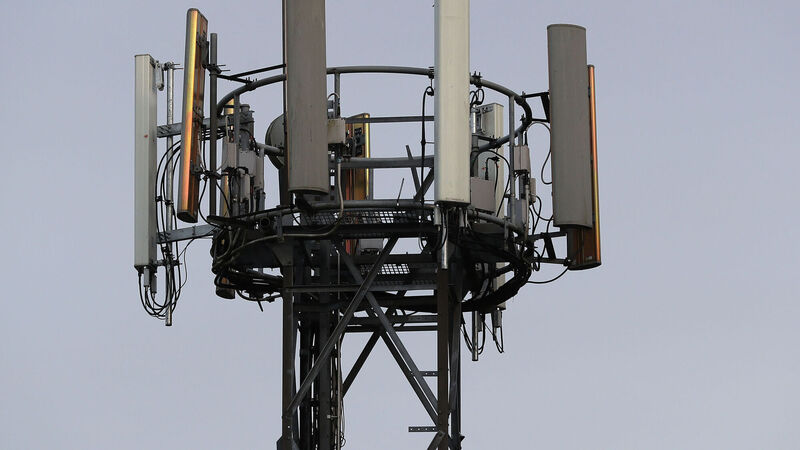Government denies new planning bill allows for erection of mobile phone masts without approval

Removal of enforcement mechanism in respect of mobile phone masts 'would fly in the face' of accepted practice in planning law. File picture
Housing officials have denied a claim that new planning laws will allow for the approval of all telecommunications masts by default – regardless of whether a licence to build one has been applied for.
This is despite a planning solicitor with expertise in environmental law warning that the new planning bill before the Dáil this week is "really problematic" when it comes to the wording around structures such as phone masts.










